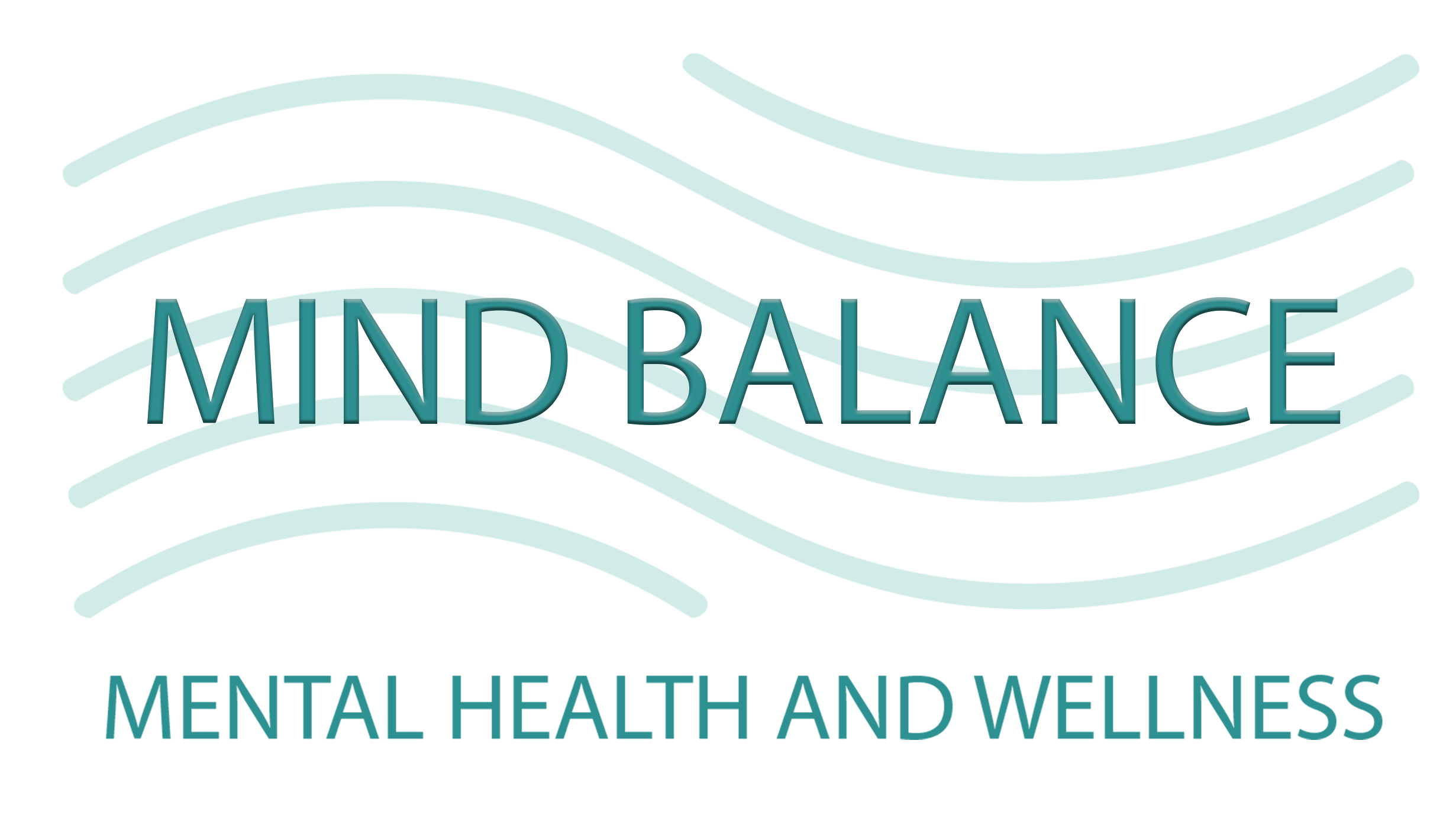Getting a Grip on Depression
Understanding depression and how it messes with your life is crucial. Let’s break down the usual signs and how it can throw a wrench in your daily routine.
What to Look Out For
Depression is pretty common and can hang around for weeks or even months. It’s like a dark cloud that just won’t go away. You might feel constantly sad, lose interest in things you used to love, have changes in your appetite or weight, struggle with sleep, feel tired all the time, or have feelings of guilt or worthlessness. Concentrating can be tough, and in severe cases, you might even have thoughts about death or suicide (NCBI Bookshelf).
Spotting these signs in yourself or someone else is the first step to getting help. Everyone’s experience with depression is different, so you might not have all these symptoms at once. If you’re feeling this way, it’s a good idea to talk to a doctor or mental health professional for a full check-up.
How It Messes with Your Day
Depression can really mess with your daily life, making it hard to do normal stuff and keep up with healthy habits. One big issue is sleep problems. Many people with depression have trouble falling asleep, staying asleep, or getting good quality sleep. This lack of sleep can make you feel even more tired and can make your depression worse.
To tackle sleep problems and boost your mental health, focus on good sleep habits. Try to create a relaxing bedtime routine, make your bedroom a sleep-friendly zone, and stick to a regular sleep schedule. Better sleep can help make your depression treatment more effective.
By understanding the signs of depression and how it can affect your life, you can take steps to get help and use strategies to improve your mental health. Remember, you’re not alone, and there are many treatment options to support you on your road to recovery. If you want to learn more, check out our pages on ADHD treatment, anxiety treatment, bipolar disorder treatment, mental health services, behavioral health services, OCD treatment, telehealth, teletherapy, tele-psychiatry, or outpatient psychiatry.
Treatment Options for Depression
Feeling down and looking for a way out? You’re not alone, and there are plenty of ways to tackle depression head-on. From talking it out to popping a pill, or even trying some herbal remedies, there’s something out there that can help you feel better.
Talking It Out
Sometimes, just talking can make a world of difference. Here are a few ways to get those feelings off your chest and start feeling like yourself again:
- Cognitive Behavioral Therapy (CBT): Think of CBT as a mental workout. It helps you break those nasty thought patterns and teaches you how to see things in a more positive light. It’s like having a personal trainer for your brain.
- Depth Psychology: This one’s a bit like detective work for your mind. It digs deep into your past, looking at unresolved issues and childhood experiences that might be dragging you down. By understanding these, you can start to heal.
- Systemic Therapy: Ever feel like your family or relationships are part of the problem? Systemic therapy looks at how your interactions with others affect your mental health. It’s all about improving communication and resolving conflicts.
Medication
Sometimes, a little help from a pill can make a big difference. Here are some of the most common options:
- Antidepressants: These are often the go-to for treating depression. They can help balance the chemicals in your brain, but they don’t work overnight. It might take a few tries to find the right one for you.
- SSRIs (Selective Serotonin Reuptake Inhibitors): These meds boost serotonin levels in your brain, which can help lift your mood. They’re usually well-tolerated and have fewer side effects than older antidepressants.
- SNRIs (Serotonin and Norepinephrine Reuptake Inhibitors): If SSRIs don’t do the trick, SNRIs might. They work on both serotonin and norepinephrine, which can help with both depression and chronic pain.
Herbal and Alternative Approaches
If you’re more into natural remedies, there are a few options that might help. Just make sure to talk to a healthcare professional before trying anything new:
- St. John’s Wort: This herbal remedy is often used for mild to moderate depression. Some folks find it as effective as prescription meds, but it can interact with other medications, so be careful.
- Folate Supplementation: Low on folate? Some studies suggest that boosting your folate levels might help with depression. More research is needed, but it could be worth a shot.
- SAM-e (S-adenosylmethionine): This naturally occurring compound has been studied as a potential depression treatment. It might help improve mood, but more research is needed to confirm its effectiveness and safety.
Remember, everyone’s experience with depression is different. What works for one person might not work for another. The best thing you can do is talk to a mental health professional who can help you figure out the best treatment plan for you. Don’t be afraid to reach out and get the support you need. You’re worth it.
Beating the Blues: Psychological Treatments for Depression
Feeling down and out? You’re not alone. When it comes to tackling depression, psychological treatments can be a game-changer. Let’s break down some of the most effective therapies out there: Cognitive Behavioral Therapy (CBT), depth psychology, and systemic therapy.
Cognitive Behavioral Therapy (CBT)
CBT is like the Swiss Army knife of depression treatments. It’s practical, straightforward, and it works. The idea is simple: your thoughts affect your feelings. If you’re stuck in a loop of negative thinking, it’s no wonder you feel lousy. CBT helps you spot these negative thoughts and flip the script. With the help of a therapist, you’ll learn to challenge those gloomy thoughts and replace them with more balanced, realistic ones. Plus, you’ll pick up some handy coping skills to manage your emotions and boost your mood.
Depth Psychology
Depth psychology dives into the deep end of your mind. It’s all about exploring the hidden parts of your psyche—the stuff you might not even be aware of. This therapy digs into unresolved conflicts, past traumas, and repressed emotions that could be fueling your depression. By bringing these buried issues to light, you can gain a better understanding of yourself and what’s been dragging you down. Think of it as a mental treasure hunt, where the prize is a clearer, more insightful you.
Systemic Therapy
Systemic therapy, also known as family or couple therapy, looks at the bigger picture. Depression doesn’t just affect you; it impacts your relationships too. This therapy involves working with your loved ones to identify and fix patterns that might be contributing to your depression. It’s about improving communication, resolving conflicts, and building a stronger support system. When everyone’s on the same page, it’s easier to tackle depression together.
These therapies can be mixed and matched based on what you need. Sometimes, they’re paired with medication or relaxation techniques for a more rounded approach. If you’re thinking about trying psychological treatments for depression, it’s best to chat with a mental health professional. They can help you figure out the best plan for your situation.
Remember, reaching out for help is a sign of strength, not weakness. You’ve got this.
Medication Options for Depression
Dealing with depression? Medication might be a game-changer. Antidepressants are often prescribed to help manage symptoms of depression, anxiety, and other related conditions. Let’s break down the different medication options, including an overview of antidepressants, selective serotonin reuptake inhibitors (SSRIs), and serotonin and norepinephrine reuptake inhibitors (SNRIs).
Antidepressants Overview
Antidepressants help balance certain chemicals in the brain, like serotonin and norepinephrine, which are key players in regulating mood. These meds are often prescribed to ease symptoms of depression and boost overall well-being. Sometimes, they even help with chronic pain and sleep disorders (MedlinePlus).
Keep in mind, everyone reacts differently to antidepressants. Some folks might only have mild side effects that fade as their body gets used to the medication (MedlinePlus). It’s crucial to work closely with your healthcare provider to find the right medication and dosage for you.
Selective Serotonin Reuptake Inhibitors (SSRIs)
SSRIs are the go-to antidepressants. They boost serotonin levels in the brain, a neurotransmitter that helps regulate mood. By blocking the reabsorption of serotonin, SSRIs keep more of it available in the brain, which can lift your spirits and ease depression symptoms.
One big plus of SSRIs is that they usually have fewer side effects compared to other antidepressants (MedlinePlus). But remember, everyone’s different, and it might take a few weeks to feel the full effects. Stick to the prescribed dosage and chat with your healthcare provider if you have any concerns.
Serotonin and Norepinephrine Reuptake Inhibitors (SNRIs)
SNRIs work similarly to SSRIs but also target norepinephrine, another neurotransmitter involved in mood regulation. By blocking the reuptake of both serotonin and norepinephrine, SNRIs can help improve mood and ease depression symptoms.
SNRIs are especially helpful for those dealing with both depression and physical pain, as norepinephrine also plays a role in pain perception. By tackling both mood and pain, SNRIs offer comprehensive relief for folks with these overlapping issues.
As with any medication, discuss potential side effects and considerations with your healthcare provider before starting an SNRI. They can guide you on the right dosage and keep an eye on your progress to make sure the medication is working effectively.
In short, medication can be a powerful tool in treating depression. Antidepressants like SSRIs and SNRIs help balance brain chemicals, easing symptoms and improving overall well-being. Work closely with your healthcare provider to find the right medication and dosage for you, and keep track of your progress throughout the treatment.
Herbal and Alternative Approaches
While therapy and meds are the go-to for tackling depression, some folks might want to try herbal and alternative methods to give their treatment a boost. But hey, always chat with your doctor first. These remedies can have side effects or mess with other meds you’re taking.
St. John’s Wort
Ever heard of St. John’s Wort? It’s a popular herb for mild to moderate depression. Studies show it works about as well as antidepressants but with fewer side effects (NCBI). The response rate is 1.01, meaning it’s pretty effective at easing depressive symptoms (NCBI).
But before you rush to the store, talk to your doctor. St. John’s Wort can interact with other meds and has its own side effects. Your doc can help you figure out the right dose and how long to take it.
Folate Supplementation
Folate, or vitamin B9, is crucial for brain function and mood. Low folate levels are linked to worse depression outcomes. Some small studies suggest that folate supplements can help improve depressive symptoms (NCBI). But results can vary, so it’s best to discuss this with your healthcare provider.
S-adenosylmethionine (SAM-e)
SAM-e is a natural compound in your body that helps make neurotransmitters. It’s been shown to help with depression (NCBI). SAM-e can boost the availability of certain brain chemicals, improving mood and reducing depressive symptoms.
Again, check with your doctor before starting SAM-e. They can advise on the right dose and watch for any interactions with other meds you’re taking.
Adding herbal and alternative methods to your depression treatment plan should always be done with your doctor’s guidance. They can help you figure out what’s best for you and how these methods might interact with other treatments. Remember, beating depression often takes a mix of therapy, meds, and lifestyle changes tailored to you.
Lifestyle Tweaks to Tackle Depression
When dealing with depression, small lifestyle tweaks can make a big difference in how you feel. Changing up your diet, getting moving, and practicing mindfulness can all help lift your spirits.
Food for Thought
What you eat can really mess with your mood. A 2020 review found that upping your intake of nutrients like magnesium, folic acid, vitamin B6, and vitamin B12 can help keep depression at bay. These nutrients are mood boosters for many folks (Healthline).
So, load up on leafy greens, beans, nuts, seeds, and whole grains. Ditch the processed junk and sugary snacks—they can mess with your energy and mood.
Get Moving
Exercise isn’t just for your body; it’s a mental health booster too. Studies show that getting at least 30 minutes of exercise, three to five times a week, can help you handle stress and fight off depression.
Exercise releases endorphins, those feel-good chemicals in your brain. It also helps you sleep better, boosts your self-esteem, and eases anxiety and depression. Find something you love, whether it’s walking, jogging, dancing, or yoga, and make it a habit.
Mindfulness and Meditation
Mindfulness and meditation can be game-changers for managing depression. Mindfulness is all about staying in the moment without judging yourself, while meditation helps you focus and clear your mind. These practices can lower stress, help you relax, and boost your mental health.
Research shows that meditation can ease the anxiety that often comes with depression. Deep-breathing exercises, a staple of meditation, can calm your mind and improve your sleep, which depression often disrupts. Try adding mindfulness and meditation to your daily routine with apps, classes, or solo practice.
These lifestyle tweaks can complement other treatments like therapy or medication. But remember, they might not be enough on their own. Professional help is key to a well-rounded treatment plan. If you’re looking for more options, check out our Charlotte Depression treatment services, mental health services or behavioral health services.





